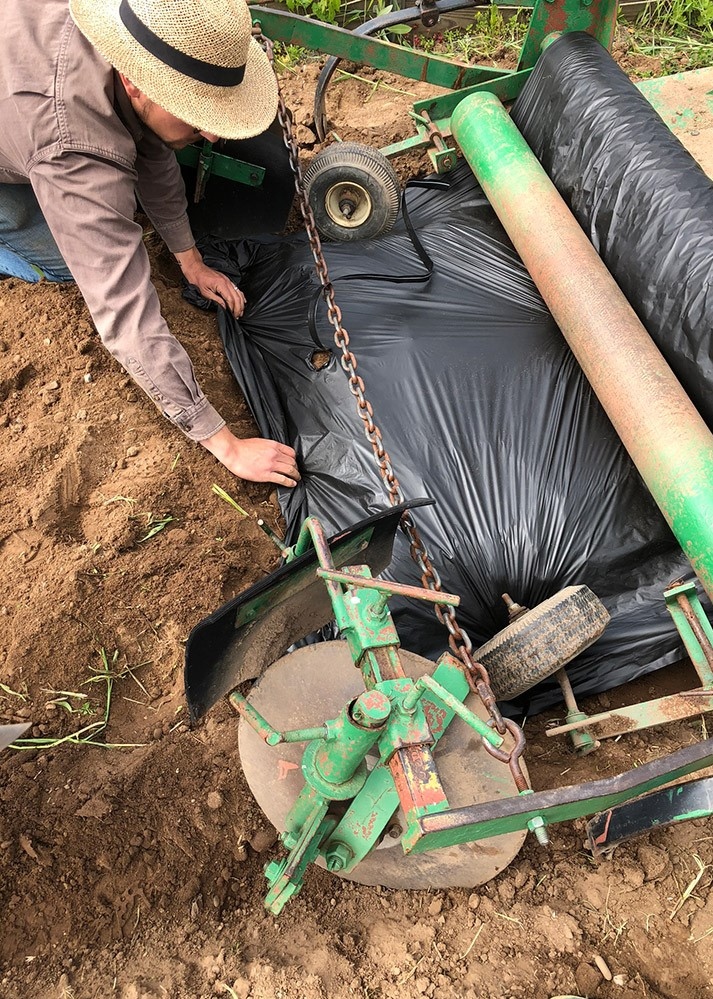RIT project investigates biodegradable agricultural mulch films
 “While there are a number of biodegradable films available today, they have not been heavily adopted – particularly here in the US,” said principal investigator Carlos Diaz. “The main reason is, these plastics films don’t degrade in the timeframe promised, producing harmful landfill emissions for the environment, contaminated soil and unnecessary transportation costs for growers.”
“While there are a number of biodegradable films available today, they have not been heavily adopted – particularly here in the US,” said principal investigator Carlos Diaz. “The main reason is, these plastics films don’t degrade in the timeframe promised, producing harmful landfill emissions for the environment, contaminated soil and unnecessary transportation costs for growers.”The four-year project aims to identify materials which will: offer an economical alternative to PE; create a conducive climate for plant growth; be sufficiently flexible for mechanical installation; remain intact during growing season; respond to a ‘trigger’ system to kickstart degradation; and undergo complete biodegradation once tilled into the soil.
‘Trigger’ materials to be investigated include biochar – a fine, high-carbon residue from the thermo-chemical treatment of organic biomass.
As well as packaging science, RIT departments involved in the project include sustainability, life sciences and manufacturing & mechanical engineering technology.
The federal Foundation for Food and Agriculture Research (FFAR) awarded a grant of nearly $780,000 for the project, with RIT and the Empire State Development (ESD) organization between them matching this sum. ESD contributed just over $334,000.